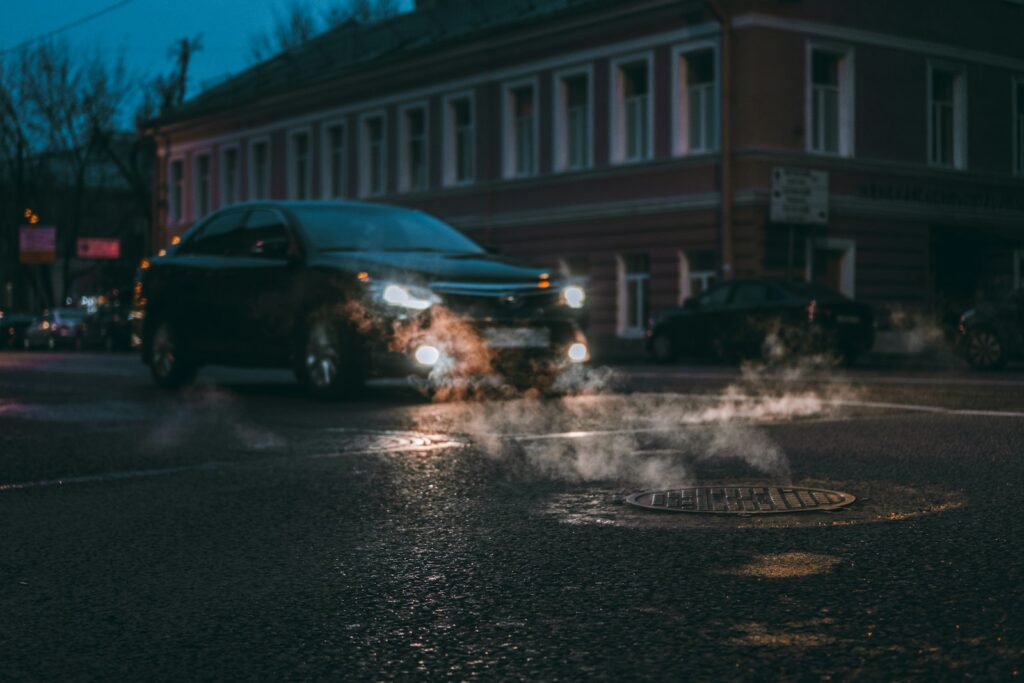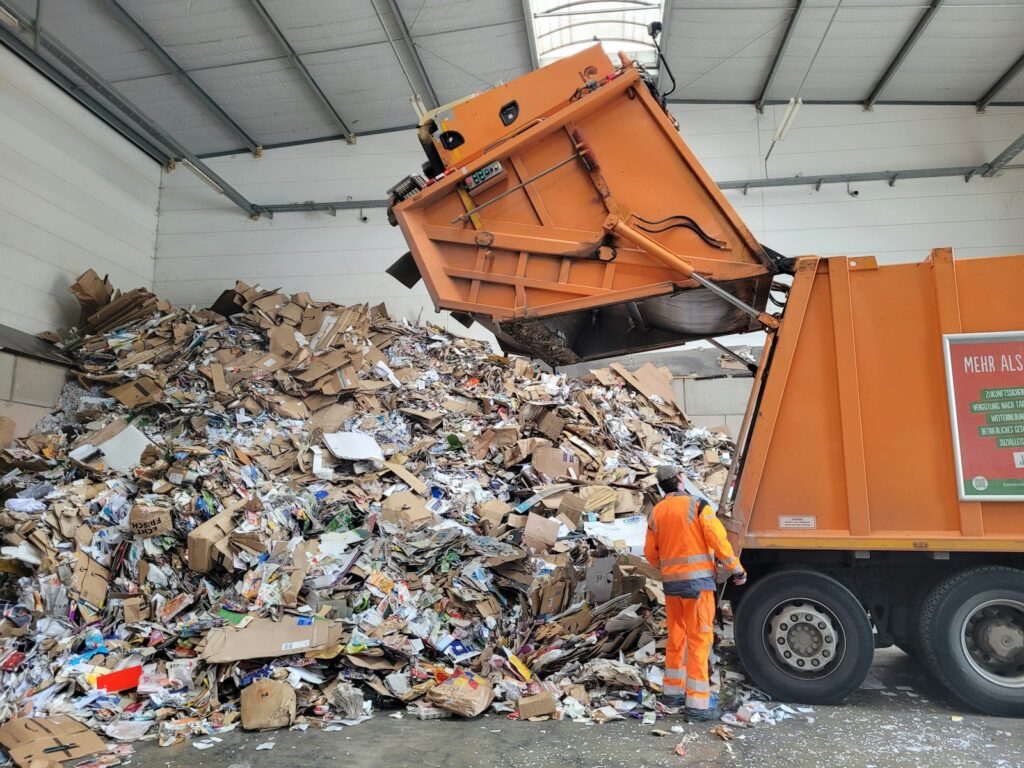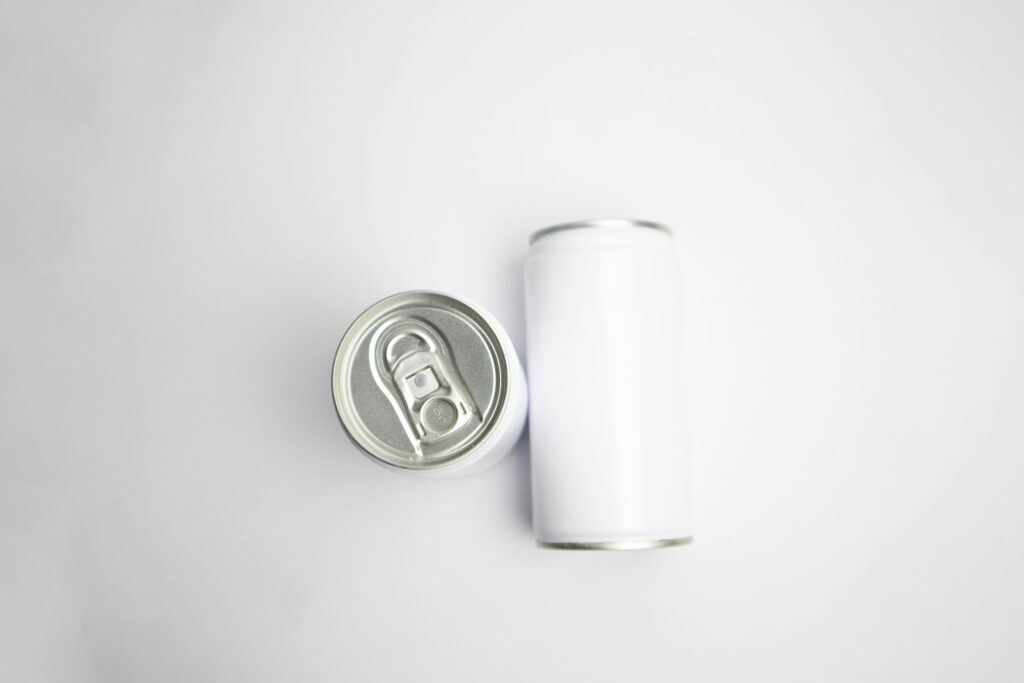Five projects that were awarded funding in 2019 to address the plastic crisis have proven to be a success, according to the Waitrose Plan Plastic report.
In 2019, Waitrose awarded grants to five environmental projects, the £1m grant funding came exclusively from the sale of 5p carrier bags in the Waitrose shops.
Two years since the project launched, and this new report has outlined that all projects have been successful in coming up with solutions to the plastic pollution crisis.
The projects included:
- Mussel Power – Plymouth Marine Laboratory demonstrated the potential of mussels to help stem the flow of microplastics from polluted estuaries and coastal water.
- Community Bio Recycling – Onion Collective and Biohm created a bio-recycling facility to carry out research into the ability of mushrooms to break down and digest plastic.
- Enviromenstrual – Wen (Women’s Environmental Network) and City to Sea delivered education to thousands of students, including the training of 724 teachers and nurses to deliver workshops exploring the social and environmental issues of menstruation; while raising awareness about sustainable period products.
- Safegear – Blue Marine Foundation developed a cost-effective beacon for fishermen to stop fishing gear from becoming plastic pollution in the marine environment. The Blue Marine Foundation has now trialled over 100 beacons at sea with fishermen in the south-west of England which has proven to be a simple-to-use solution to ghost gear.
- Message in a bottle – Youth Hostels Association eliminated the need for half a million single-use plastic bottles per year by providing publicly accessible water fountains to enable anyone enjoying the outdoors to refill their bottles.
Marija Rompani, partner and director in ethics & sustainability at Waitrose, said: ‘It is essential we continue to eliminate single-use plastic in our business, but also support progress made by other organisations in the wider world.
‘All these inspirational projects have proven their ability to create real impact in tackling environmental issues and encouraging behaviour change. Action on a larger scale is now needed to make a significant difference in our collective fight against plastic pollution.’
Photo Credit – Pixabay
















